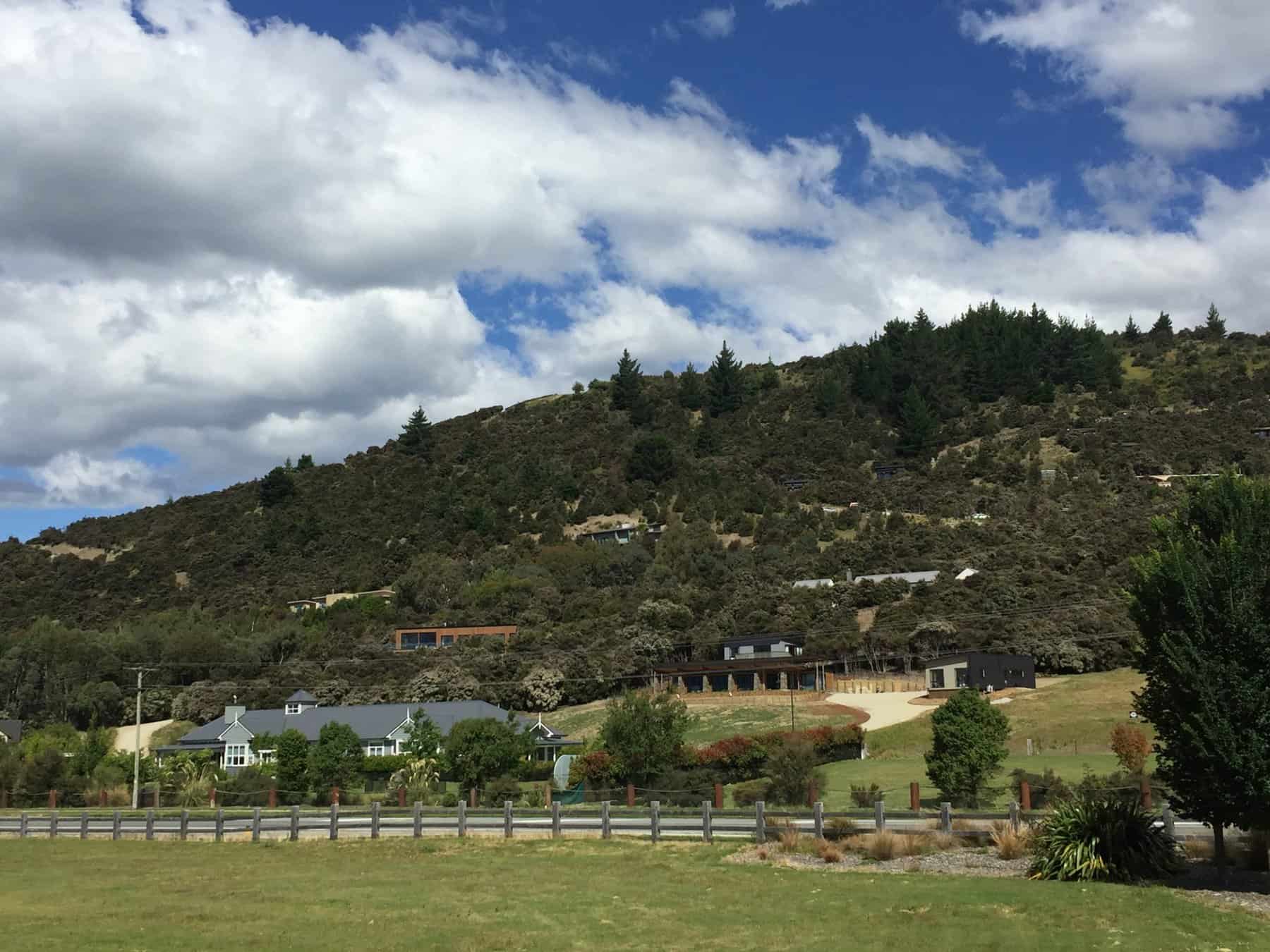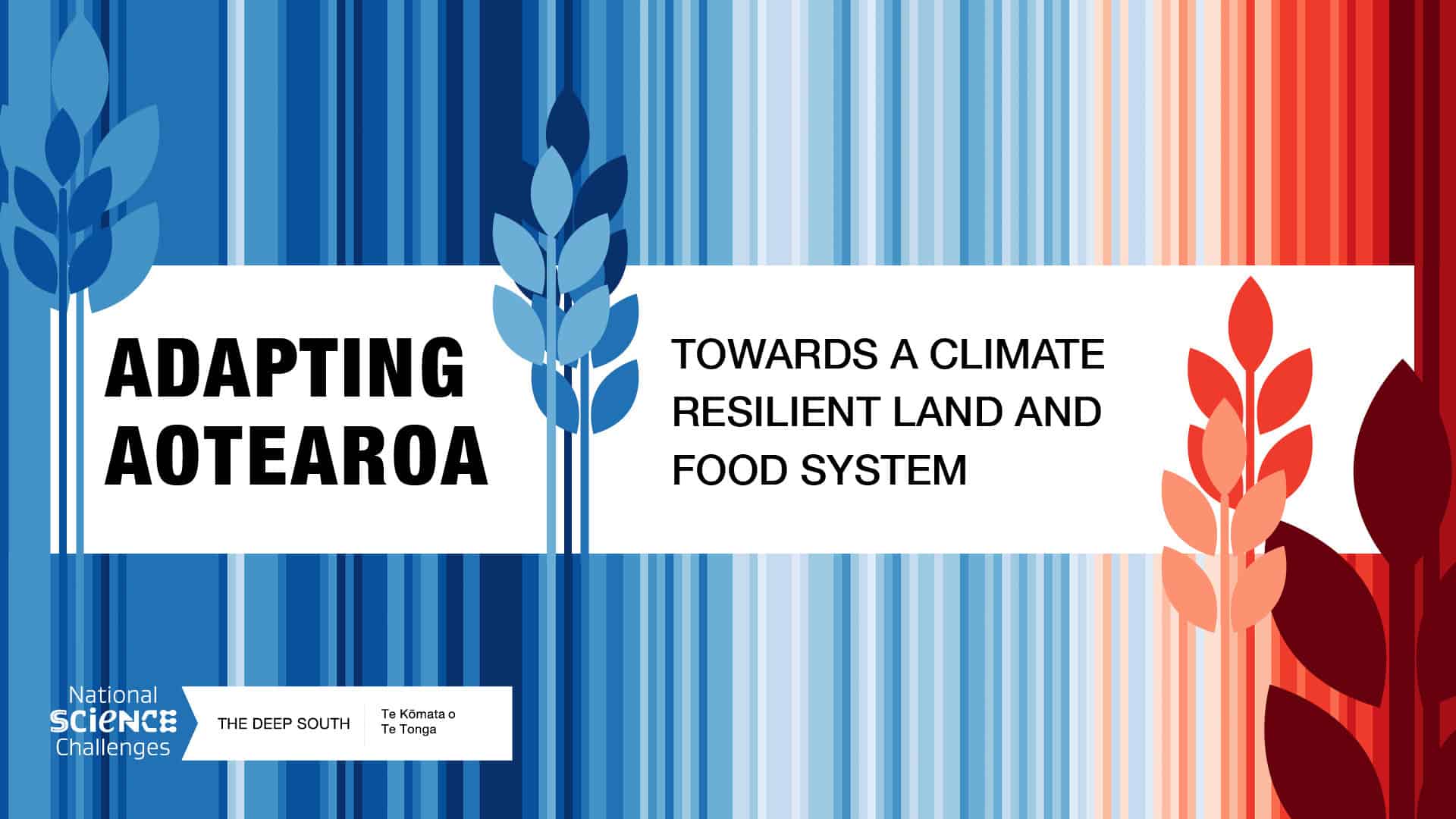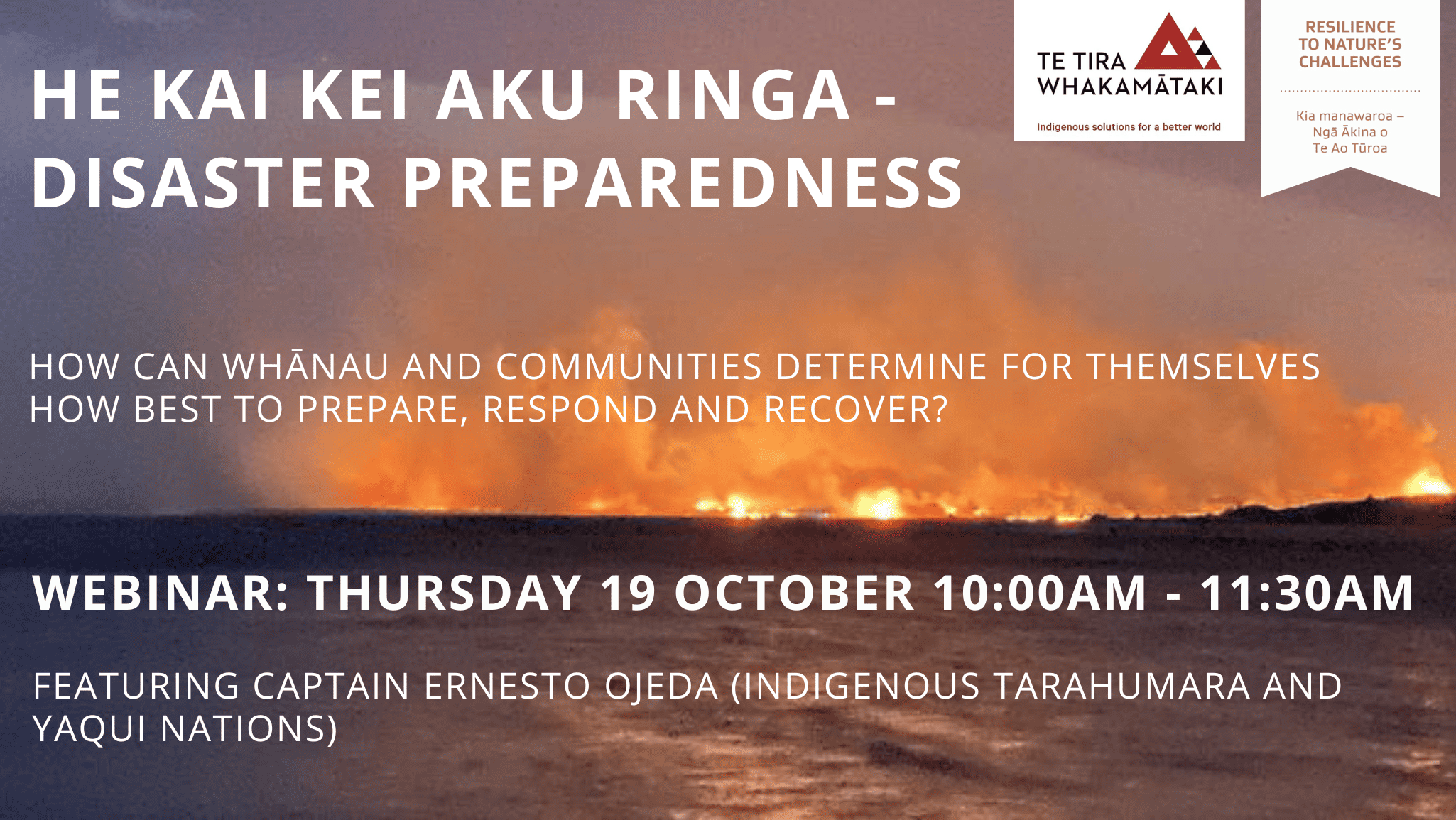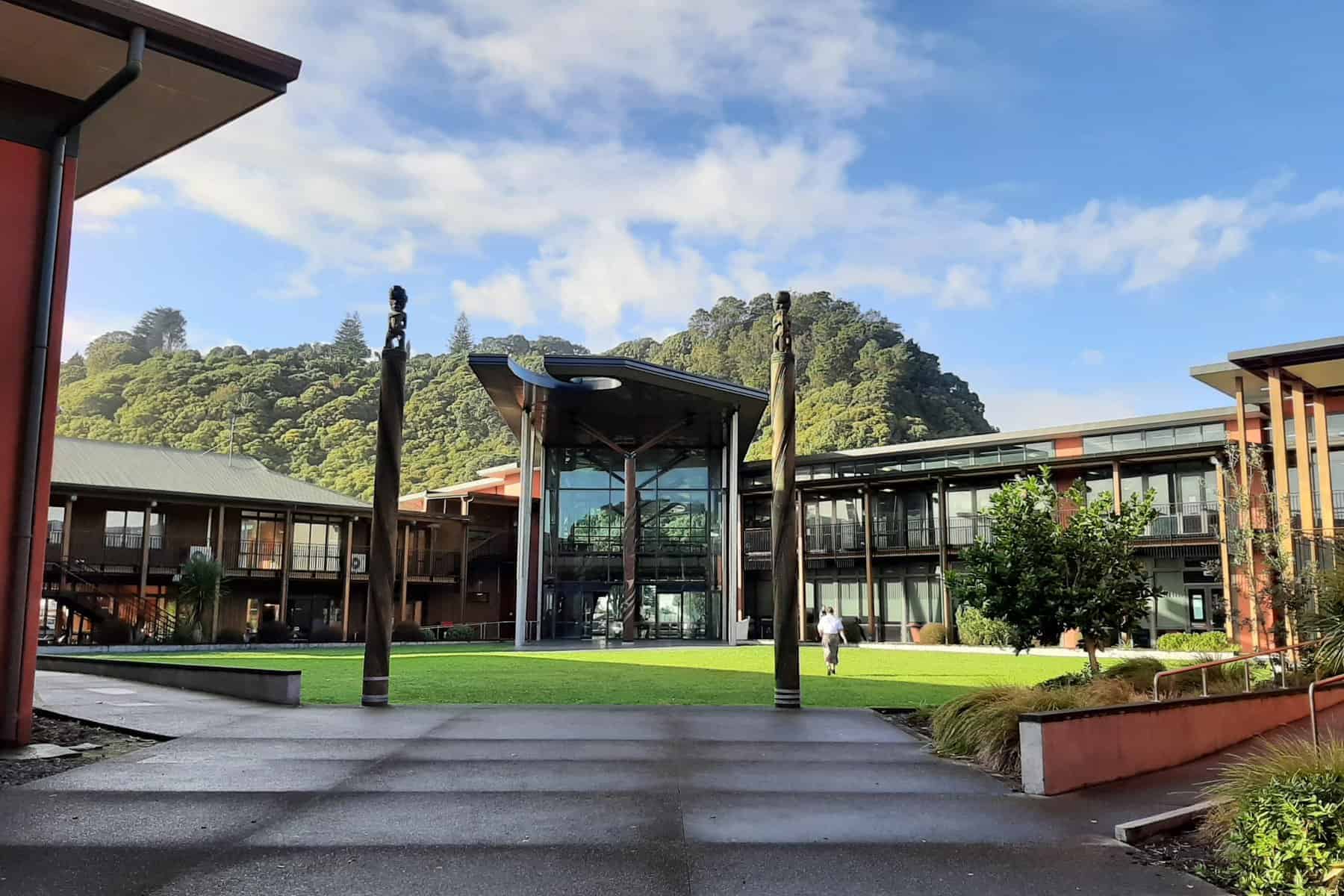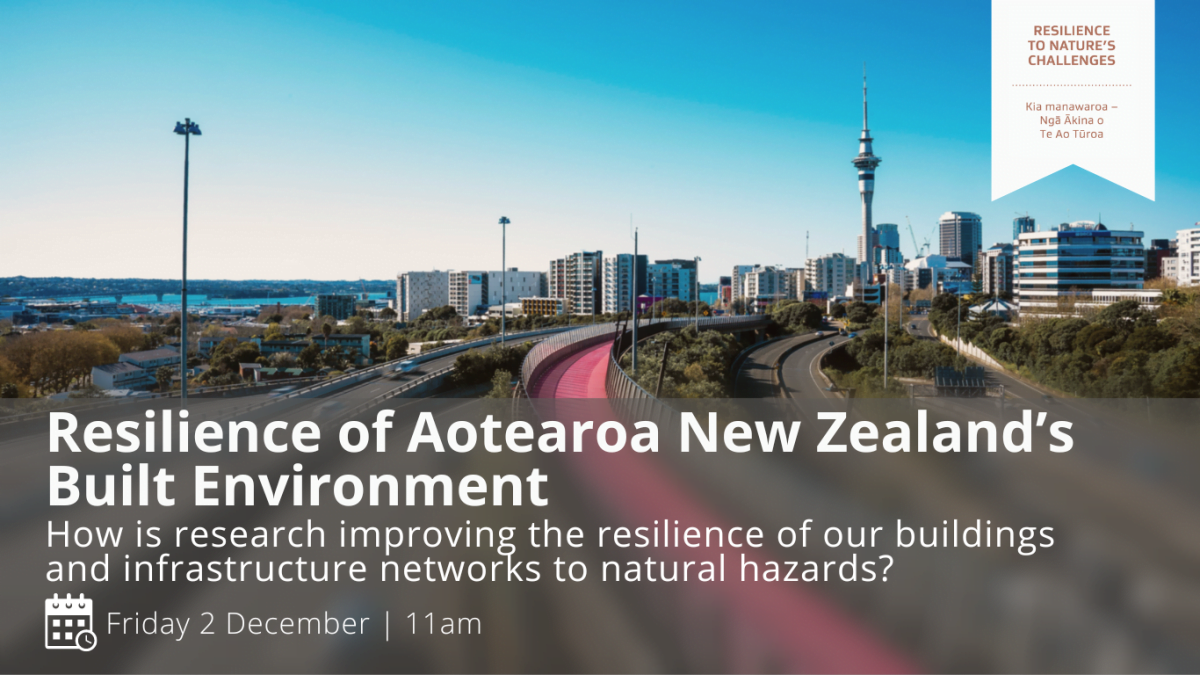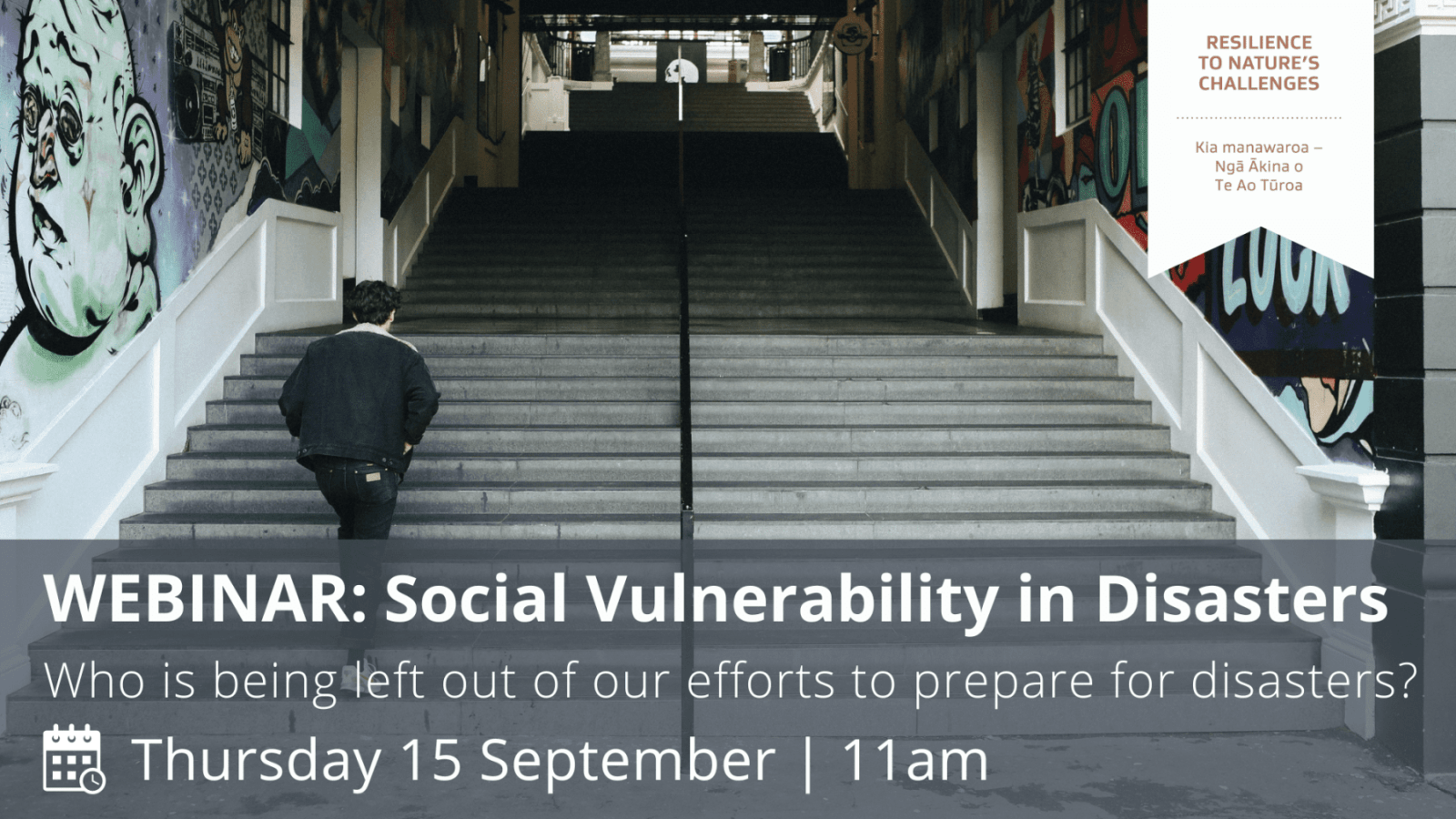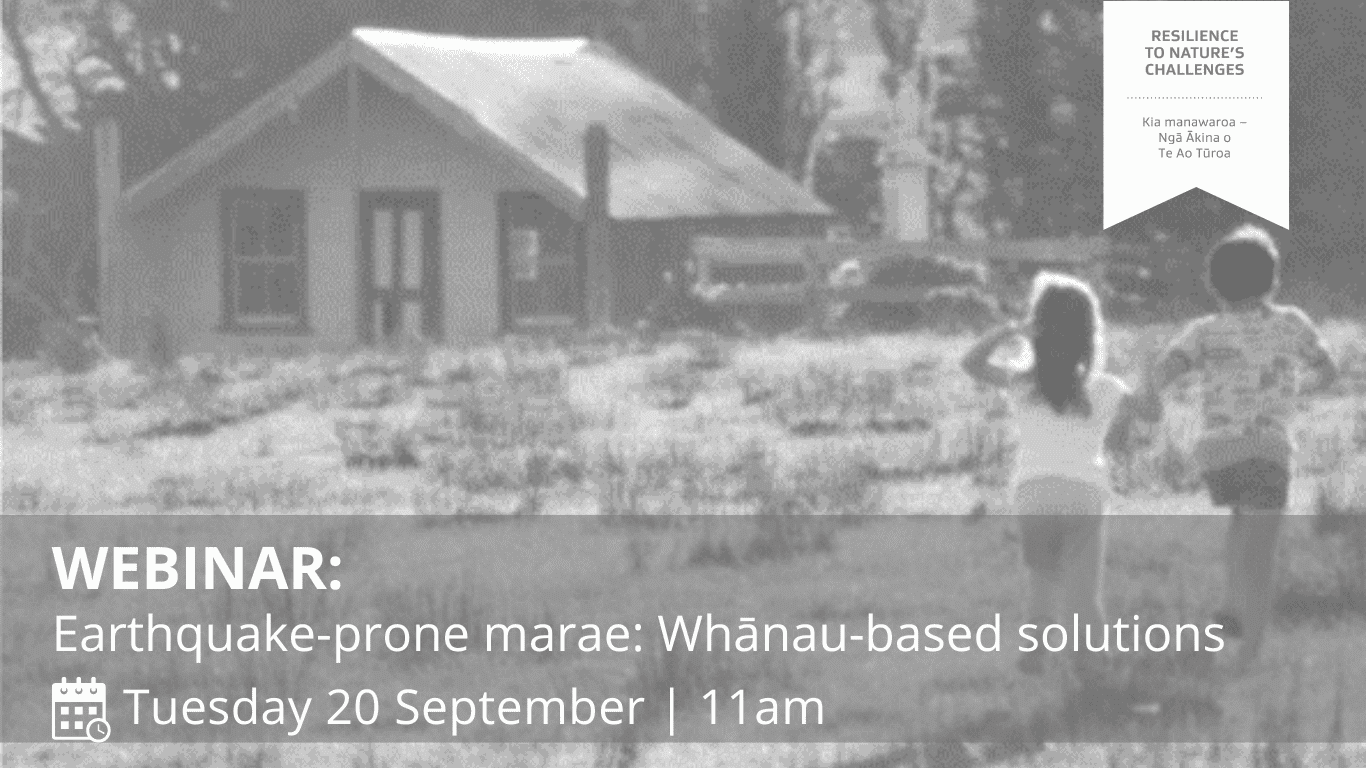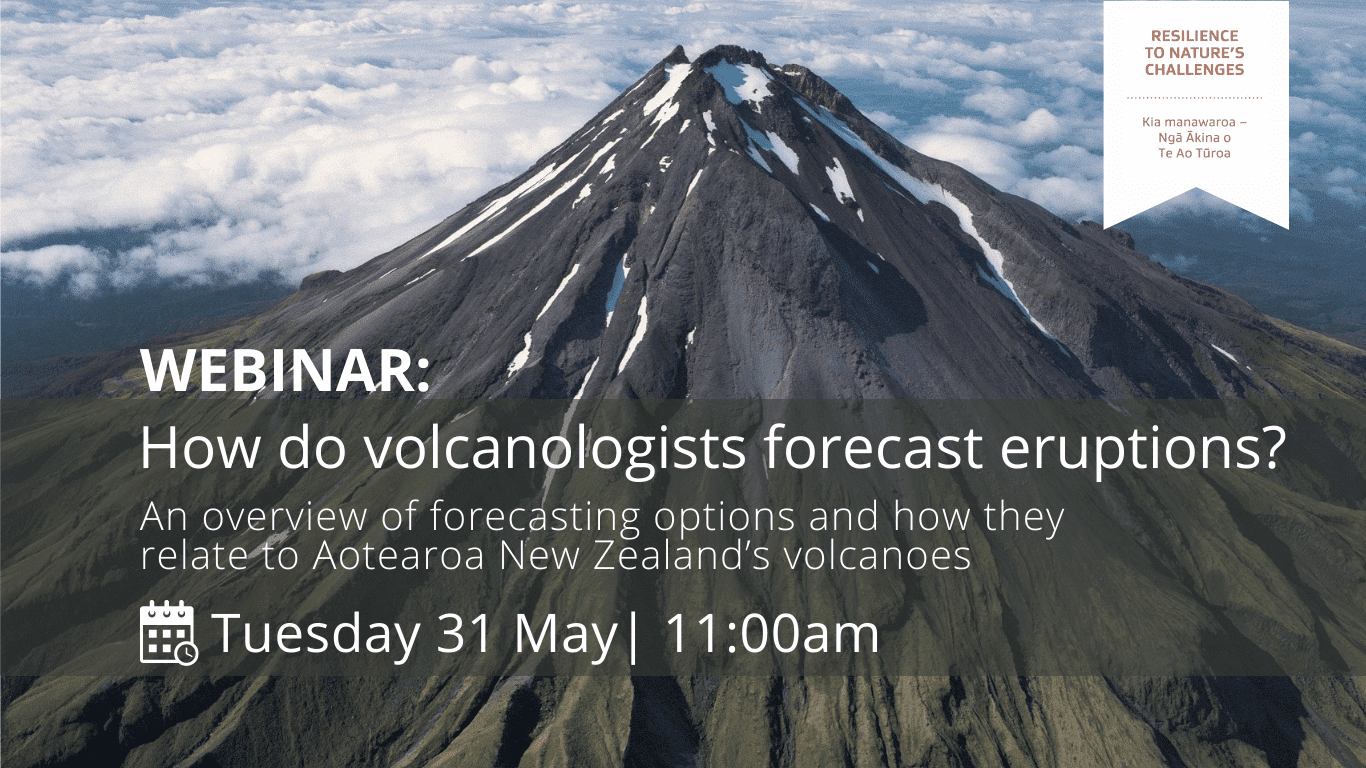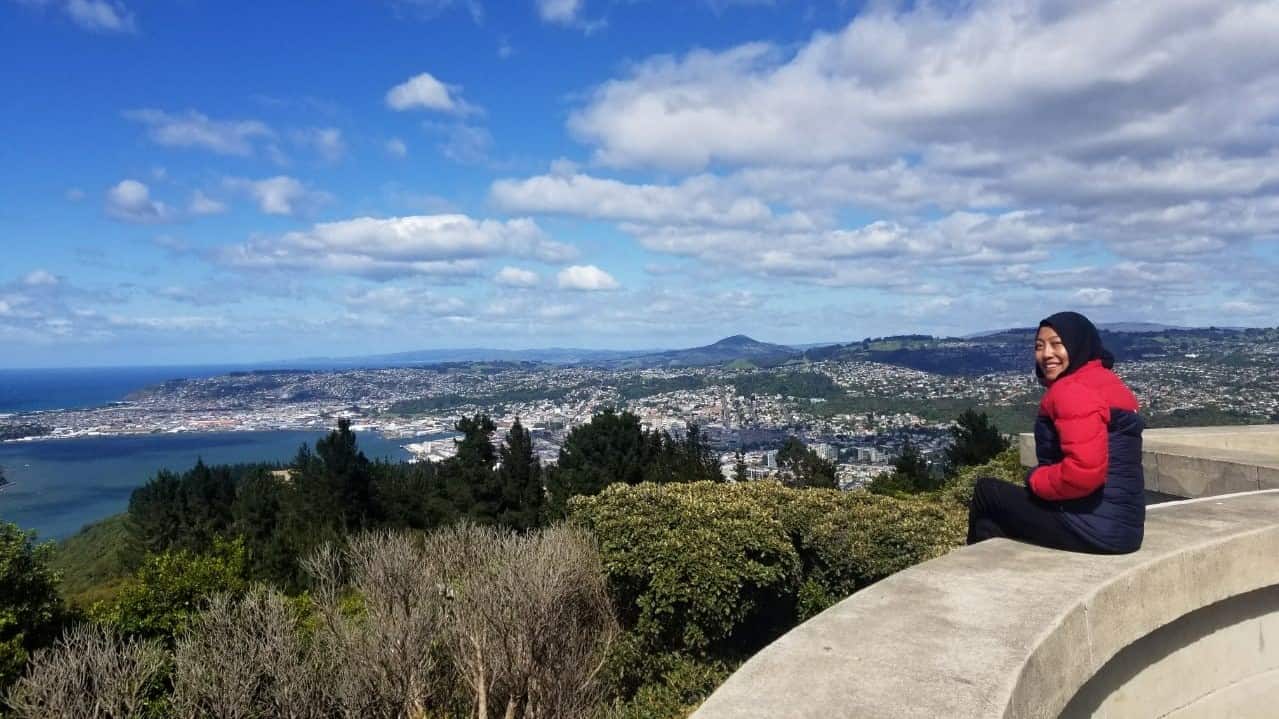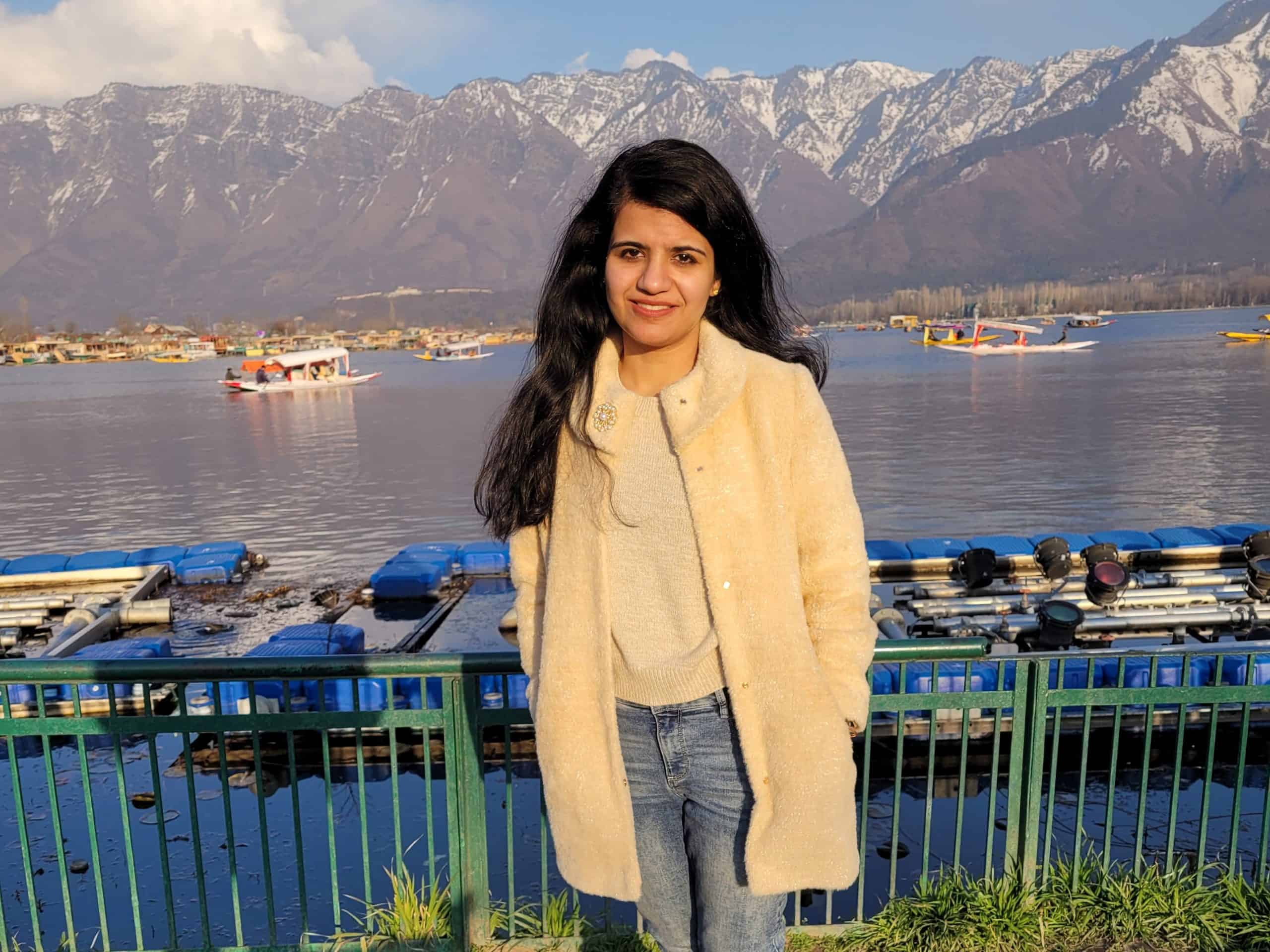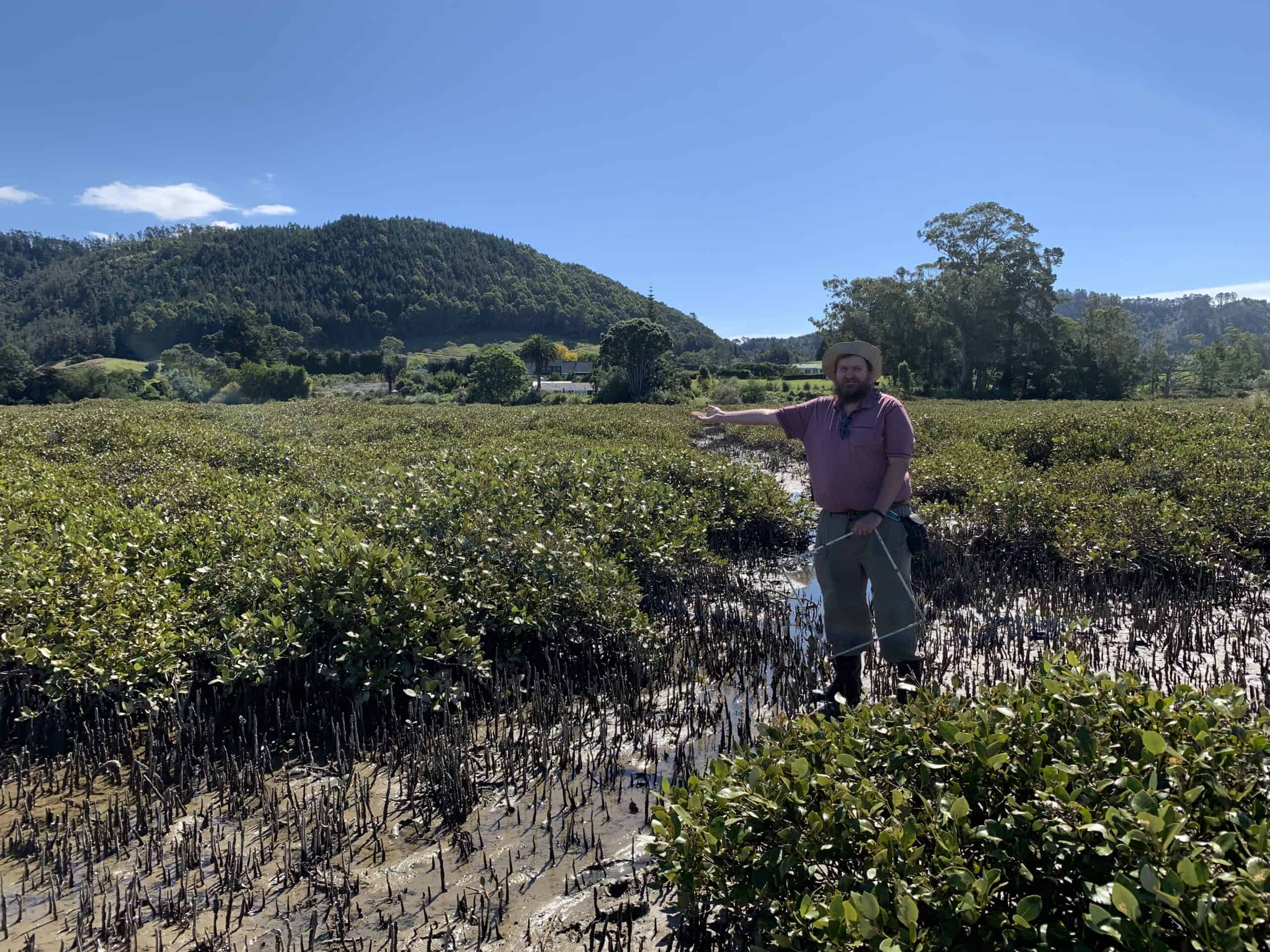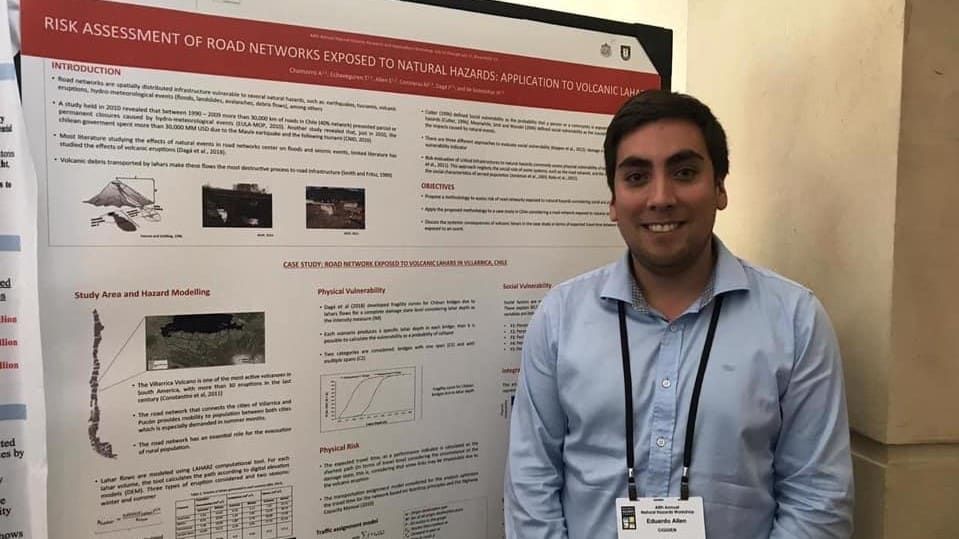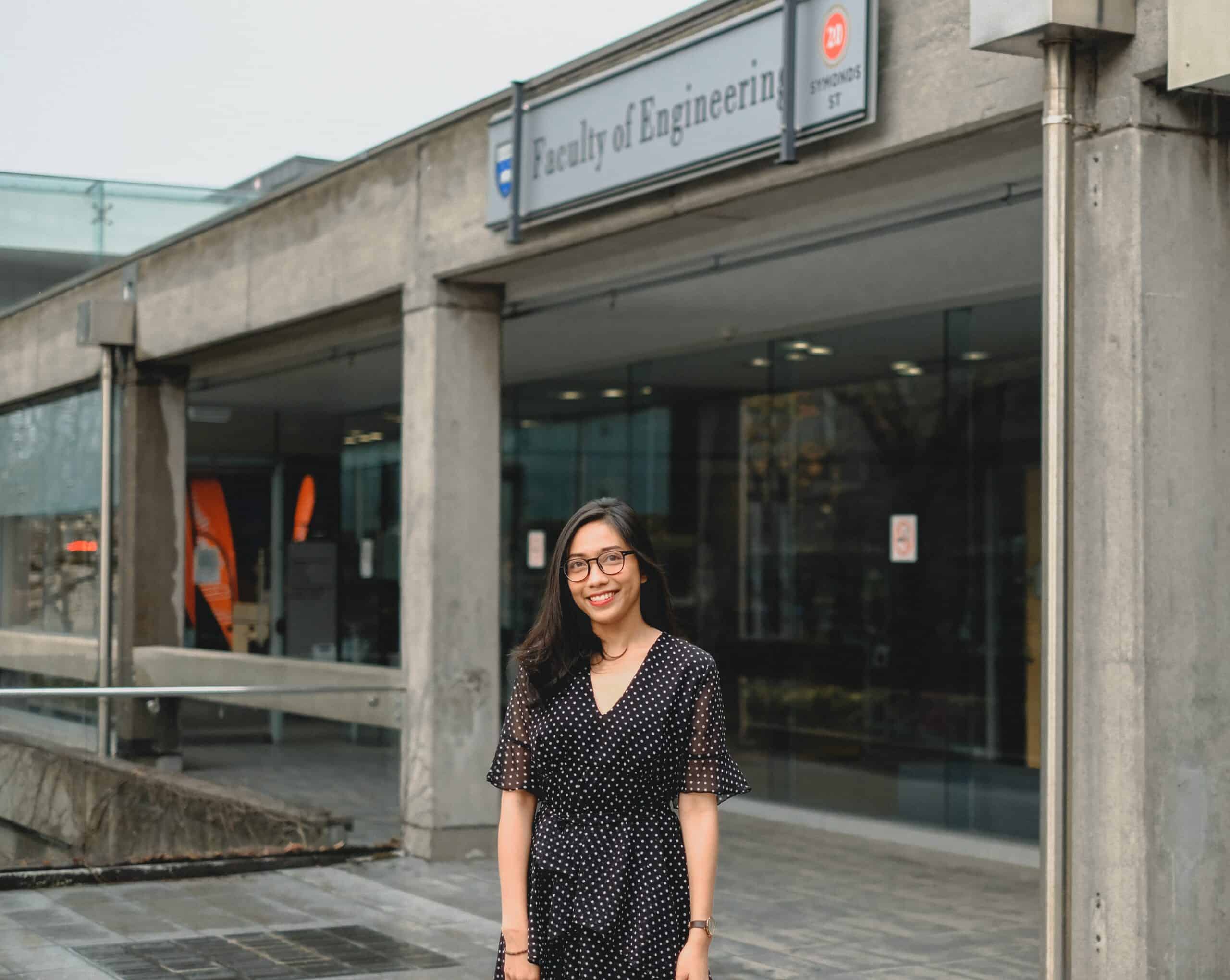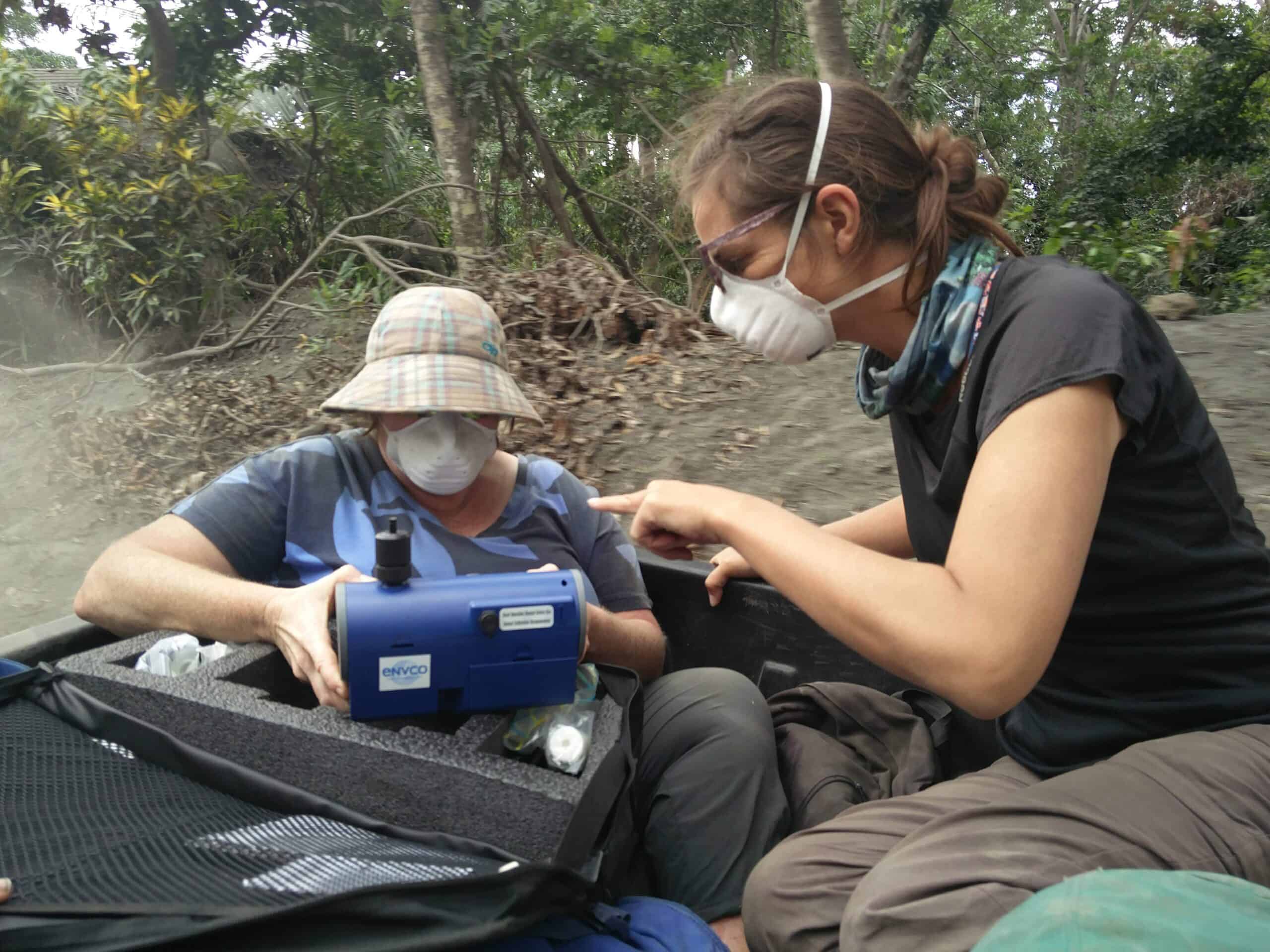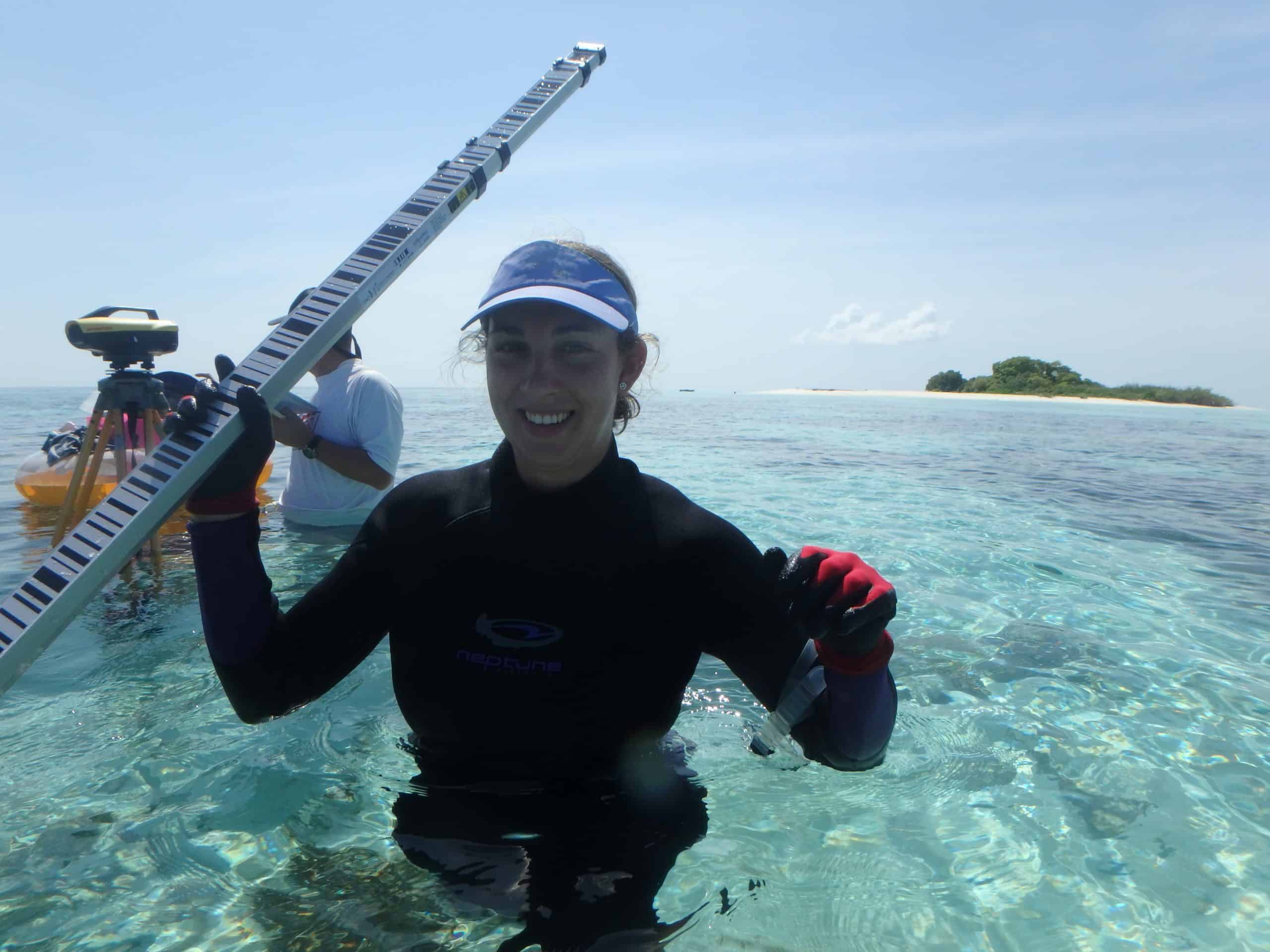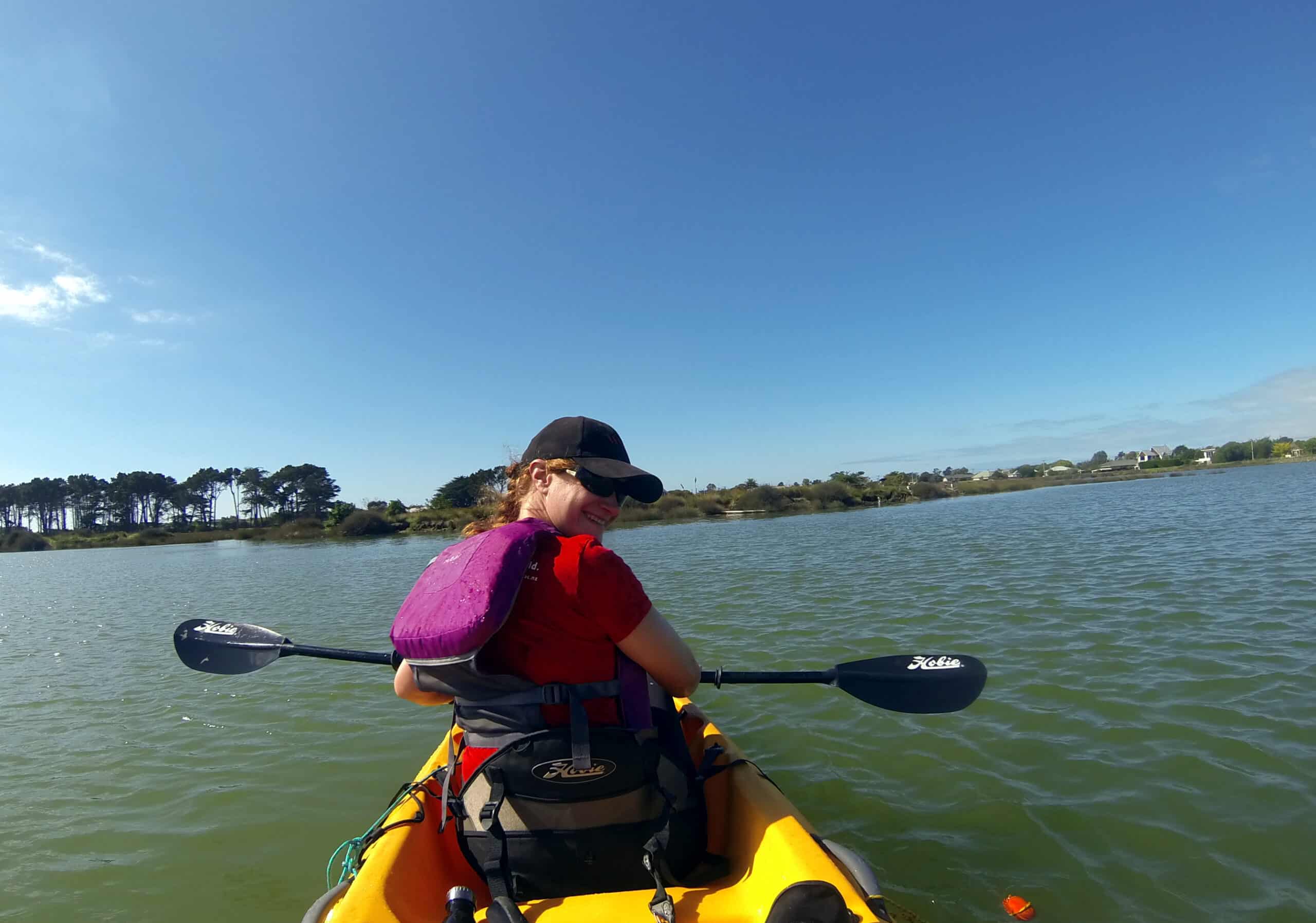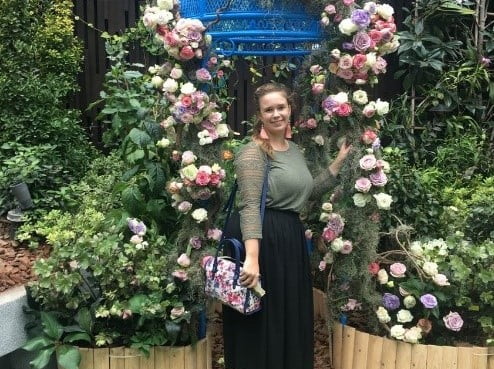By Lisa Langer and Alison Brown, Scion Wildfire frequency and severity are accelerating globally, including in Aotearoa New Zealand, due to climate change and development on the urban fringe. Scion’s wildfire researchers have, over many years, been working to understand where the risk of wildfire is increasing, where communities are most exposed, and how best […]
New insights to be shared at significant natural hazards research symposium
Experts will be presenting new research findings, tools and recommendations at Te Tai Whanake, the final symposium of the Resilience to Nature’s Challenges National Science Challenge, to help our diverse communities better plan for and respond to natural hazard events. The sold-out event is being held on May 13-14 at Te Papa, Wellington, and marks the end […]
Modelling tool provides new insights into New Zealand tsunami hazards
A research team has developed an innovative new method to carry out tsunami hazard assessments, using Aotearoa New Zealand as a case study. Preliminary results indicate that some earthquakes produce overall maximum tsunami wave heights at the coast of up to 28 metres, and the northern and eastern coasts of the North Island are most […]
Adapting Aotearoa webinar series
Towards a climate resilient land and food system Ahead of the Adapting Aotearoa symposium (Monday 20 November in Ōtautahi Christchurch), we are hosting two preliminary webinar events to get us all thinking and talking about climate adaptation in our food and farming sectors. The symposium is brought to you by the Deep South Challenge in collaboration with […]
WEBINAR: He kai kei aku ringa
Thursday 19 October, 10.00am – 11.30am In collaboration with Te Tira Whakamātaki, Resilience to Nature’s Challenges National Science Challenge is excited to present, ‘He kai kei aku ringa – Disaster preparedness’. This whakatauki translates to ‘there is food at the end of my hands’ and speaks to resilience, empowerment, and hope. The whakatauki refers to […]
Resilience, te taiao and communities
Whanake Te Kura i Tawhiti Nui Mātauranga Māori and Science Research Symposium with Mataatua community, Whakatāne, May 2023 By Caitlin Carew The beautiful Te Whare Wānanga ō Awanuiārangi campus sits underneath the distinctive bush-clad escarpment of Whakatāne. On a Wednesday morning in mid-May, after a day and night of heavy rain, the sun came out […]
Webinar: Resilience of Aotearoa New Zealand’s Built Environment
How is research improving the resilience of our buildings and infrastructure networks to natural hazards? Our built environment, including buildings and infrastructure networks, plays a significant role in our resilience to natural hazard events. This starts with the protection of lives during an event, and extends through to the rate at which buildings and infrastructure […]
Webinar: Social Vulnerability in Disasters
Social Vulnerability in Disasters: Who is being left out of our efforts to prepare for disasters? A team of researchers led by Dr Denise Blake (Te Herenga Waka Victoria University of Wellington) and Dr Shiloh Groot (The University of Auckland) are investigating the impacts of disasters on vulnerable lives, including homeless people, low socio-economic renters, […]
Webinar: Earthquake-prone marae
Earthquake-prone marae: Whānau-based solutions Earthquake-prone buildings have hit the headlines in recent years. But what happens when a community has deep ancestral, spiritual and emotional attachment to buildings deemed ‘earthquake-prone’? This is an issue facing many whānau and hapū around the motu. While some older marae may exceed the new threshold for structural safety (34% […]
Webinar: How do volcanologists forecast eruptions?
An overview of forecasting options and how they relate to Aotearoa New Zealand’s volcanoes During a volcanic crisis, agencies and the public want to know when and how an eruption might unfold. Eruption forecasts provided by volcanologists can inform decisions around evacuation timings and routes, state-of-emergency powers, and access for rescue and recovery teams. Forecasts […]
Student Profile: Rizki Dian Rahayani
Optimisation of solar generation and integration into a smart grid Rizki Rahayani is currently a Doctoral student in the Electrical, Computer, and Software Engineering department at The University of Auckland. She is originally from Sumatra, Indonesia, and came to New Zealand in 2020. Her research project is part of the Resilience Challenge Built Environments programme. […]
Student Profile: Muizz Shah
Prediction of wind damage from an ex-Tropical Cyclone making direct impact with Auckland City My name is Muizz Shah and I’m from Pakistan. I’ve been fortunate to grow up in five different countries, namely Pakistan, Indonesia, Iran, Belgium and New Zealand. The simplest way I can describe my nature is that I have an infinite […]
Student Profile: Lakshita Lakshita
Assessment of Electricity System Impacts and Management Strategies Pre- and Post- HIW Events I was born and raised in New Delhi, India, where I completed my Bachelor of Technology in Electrical and Electronics Engineering in 2014 and Master of Technology in Quality Management in 2018. I also worked in Delhi from 2014-2018 on Solar Power […]
Student profile: Joshua Sargent
Understanding the influence of human-climate interactions on coastal flood hazards and risk My name is Joshua Sargent and I’m originally from Rhode Island (“The Ocean State”), United States. Prior to coming to the University of Waikato, I completed my Bachelors and Masters of Environmental Science at the University of Rhode Island. I began my interest […]
Student Profile: Eduardo Allen Binet
Integrated decision making in transportation resilience and asset management I was born in the city of Viña del Mar, which is located across the Pacific Ocean in Chile. I grew up in a country village nearby, however when I started my University studies, I decided to move to Santiago (the capital city), which is where […]
Student Profile: Annisa Hasanah
Resilience through infrastructure asset management long-term planning I was born and raised in Yogyakarta, a humble city nestled in Java, Indonesia. Two years after graduation, I made a big move to New Zealand in 2019 for a Master’s degree in Transportation Engineering at The University of Auckland. During my study, I had the chance to […]
Ash Samples Provide Vital Information For Volcanic Eruption Response
By Jenny Stein Following a volcanic eruption, local communities understandably have more pressing concerns than ensuring a sample of ash gets sent to a lab. But that sample will provide crucial insight into the extent and types of hazards people will be exposed to in the eruption aftermath. Carol Stewart is a researcher with the […]
Q & A with Dr Emma Ryan
Q. Kia ora Emma. Can you tell us how you got into coastal science? Kia ora! When I started university I enrolled in Psychology, but took a couple of Geography papers and realised I was much more interested in understanding the environment. I transferred to a Geography and Marine Science degree, and was drawn to […]
Student Profile: Amandine Bosserelle
Sea-level rise, groundwater dynamics and impacts on infrastructure systems. My origins are in the south of France between Albi where I was born, the Pyrenees and the Mediterranean Sea, and I love fossil hunting in the Occitany Region. I studied water resources management at the University of Montpellier during my Master’s degree in geoscience, then […]
Student Profile: Holly Faulkner
Governing Disaster Response in Aotearoa New Zealand – An Auckland Volcanic Field Case Study Holly has a Master of International Law and Politics from the University of Canterbury and has been involved in several disaster law projects including a project mapping the disaster laws of Pacific nations (through the International Federation of Red Cross), and […]
